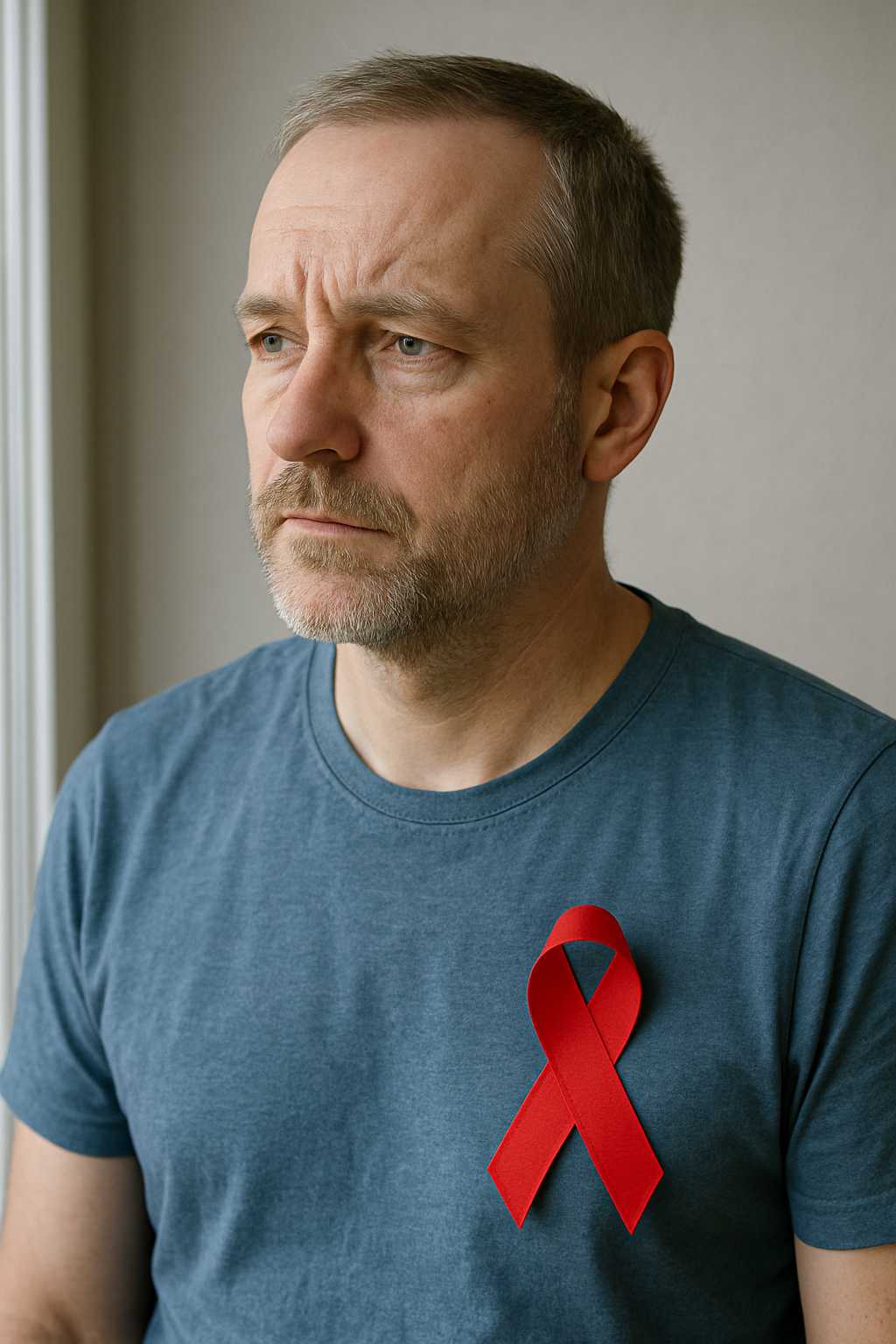Surviving HIV today means more than just managing a virus — it means reclaiming health, hope, and a future. Thanks to modern medicine, community support, and increased awareness, living with HIV is no longer a death sentence. But how do people not only live but thrive after diagnosis?
Table of Contents
- Understanding What It Means to Survive HIV
- Medical Advances That Make Survival Possible
- Mental Health and Emotional Resilience
- Building a Strong Support Network
- Living Well: Diet, Exercise, and Self-Care
- Conclusion
- FAQs
Understanding What It Means to Survive HIV
When we talk about surviving HIV, we’re referring to more than physical survival. It’s about living a meaningful life despite the challenges. Individuals diagnosed with HIV face emotional, social, and physical hurdles, but survival involves navigating all of these with resilience. Each person’s journey is unique, but the shared goal is long-term health and happiness.
With proper care, people living with HIV can expect a near-normal lifespan. Early detection, regular monitoring, and adherence to treatment play critical roles in maintaining quality of life.
Medical Advances That Make Survival Possible
Antiretroviral therapy (ART) has revolutionized HIV treatment. These medications suppress the virus to undetectable levels, making it impossible to transmit to others through sex — a concept known as Undetectable = Untransmittable (U=U).
Consistent ART usage not only protects partners but also helps people with HIV live longer, healthier lives. Regular doctor visits, blood tests to monitor viral load and CD4 count, and timely adjustments to medications all contribute to improved outcomes. Learn more about talking with a healthcare provider for personalized treatment planning.
Mental Health and Emotional Resilience
Living with HIV can trigger a wide range of emotions — fear, anger, sadness, even shame. Mental health is just as important as physical health in surviving HIV. Individuals may struggle with stigma, isolation, or anxiety, especially after a new diagnosis.
Therapy, support groups, and online communities offer spaces to process feelings and find connection. Studies show that people with strong mental health support tend to adhere better to treatment and report higher satisfaction with life. Speaking to a licensed mental health professional or joining peer-led groups can make a world of difference.
Building a Strong Support Network
No one survives HIV alone. A strong support system is a lifeline. This includes loved ones, healthcare providers, advocacy organizations, and community groups. Talking openly with trusted people about your HIV status can reduce stress and help build stronger relationships.
There are countless organizations, such as the E-Healthcare Solutions network, that offer resources tailored to people living with HIV. Whether you need legal advice, housing assistance, or just someone who understands, help is available.
Living Well: Diet, Exercise, and Self-Care
Surviving HIV also involves daily habits that support the immune system and overall health. Eating a balanced diet helps reduce inflammation and maintain energy. Regular exercise improves cardiovascular health and mood. Adequate sleep and stress management techniques — like meditation or yoga — are also beneficial.
Remember, your lifestyle choices impact how your body responds to treatment. Staying engaged with your health and proactive in your care empowers you to live fully, not just survive.
Conclusion
Surviving HIV is not only possible — it’s happening every day. Through advanced treatment, emotional resilience, supportive relationships, and healthy living, people with HIV are thriving. The journey isn’t without its challenges, but with the right tools and mindset, it’s one of strength, transformation, and hope.
FAQs
Can someone with HIV live a normal lifespan?
Yes, with effective treatment and care, individuals with HIV can live nearly as long as those without the virus.
What does “undetectable” mean in HIV treatment?
It means the virus is suppressed so well by treatment that it can’t be found in blood tests and cannot be transmitted sexually.
How do I support a friend or loved one living with HIV?
Offer empathy, avoid judgment, educate yourself, and listen. Your support can help reduce their stress and improve their well-being.
Is HIV still a life-threatening disease?
With modern treatments, HIV is now considered a manageable chronic condition rather than a death sentence.
Where can I get help if I’m newly diagnosed?
Talk to a healthcare provider immediately. You can also visit Healthcare.pro for resources and support networks.
This content is not medical advice. For any health issues, always consult a healthcare professional. In an emergency, call 911 or your local emergency services.




